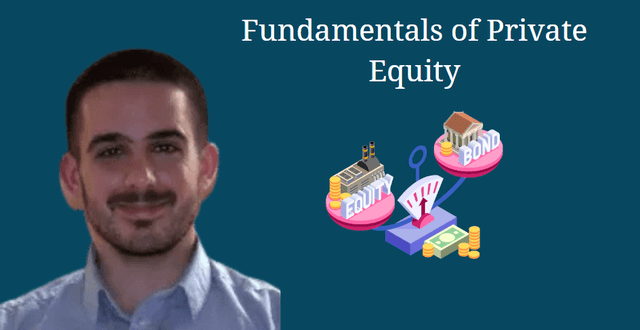Fraud Examiners, Investigators and Analysts
What does a professional in this career do?
Obtain evidence, take statements, produce reports, and testify to findings regarding resolution of fraud allegations. May coordinate fraud detection and prevention activities.In this job you will...
- Gather financial documents related to investigations.
- Interview witnesses or suspects and take statements.
- Prepare written reports of investigation findings.
- Document all investigative activities.
- Create and maintain logs, records, or databases of information about fraudulent activity.
- Coordinate investigative efforts with law enforcement officers and attorneys.
- Lead, or participate in, fraud investigation teams.
- Testify in court regarding investigation findings.
- Prepare evidence for presentation in court.
- Recommend actions in fraud cases.
- Review reports of suspected fraud to determine need for further investigation.
- Design, implement, or maintain fraud detection tools or procedures.
- Analyze financial data to detect irregularities in areas such as billing trends, financial relationships, and regulatory compliance procedures.
- Maintain knowledge of current events and trends in such areas as money laundering and criminal tools and techniques.
- Evaluate business operations to identify risk areas for fraud.
- Conduct in-depth investigations of suspicious financial activity, such as suspected money-laundering efforts.
- Advise businesses or agencies on ways to improve fraud detection.
- Train others in fraud detection and prevention techniques.
- Conduct field surveillance to gather case-related information.
- Negotiate with responsible parties to arrange for recovery of losses due to fraud.
- Research or evaluate new technologies for use in fraud detection systems.
- Obtain and serve subpoenas.
- Arrest individuals to be charged with fraud.
Skills You Will Gain
Analysts
Analytical thinking
investigations
Prevention techniques







